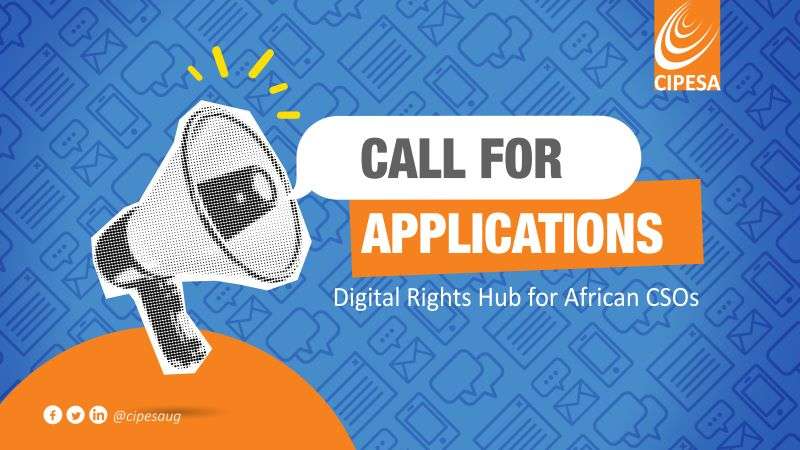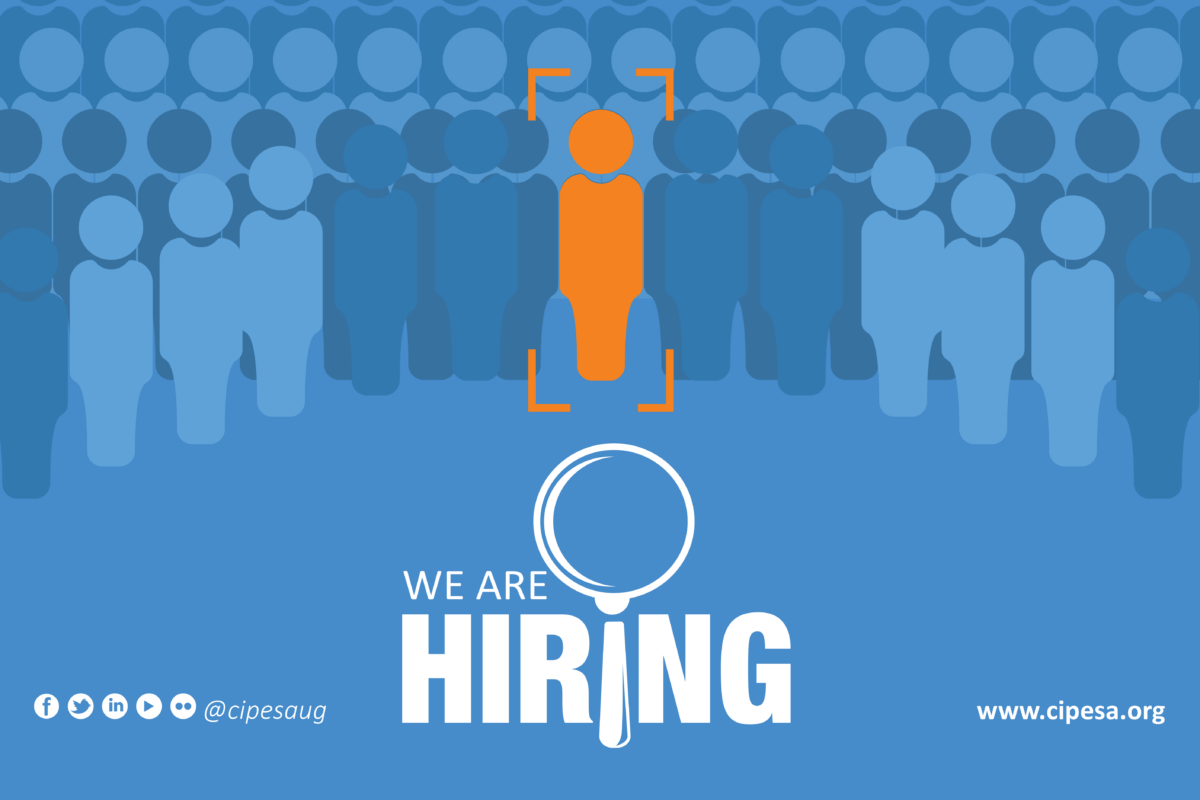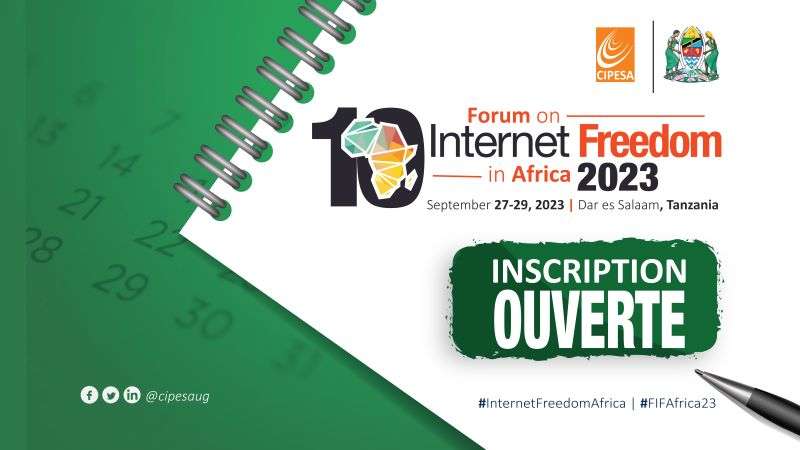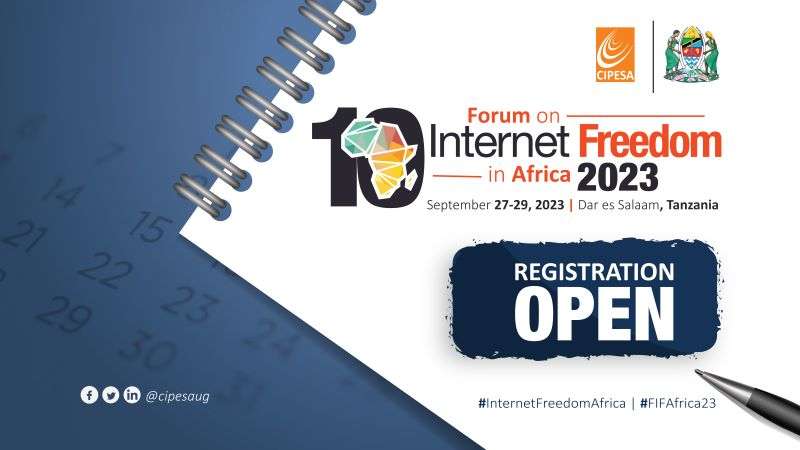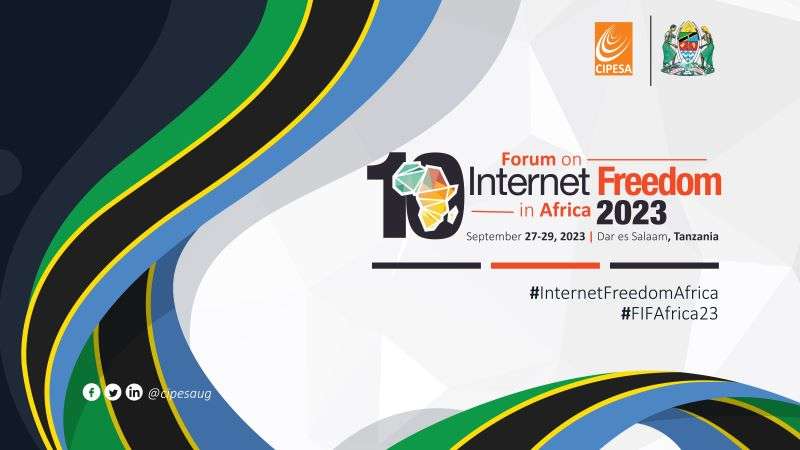Announcement |
The Ministry of Information, Communication and Information Technology of the United Republic of Tanzania has announced that it will co-host the 2023 edition of Forum on Internet Freedom in Africa (FIFAfrica23). The move is in line with the country’s digital transformation and wider digitalisation efforts.
“We are pleased to support such an important event in Africa. In recent years, we have steadily worked at enhancing our digital transformation through the Tanzania Digital Economy Framework to enhance our capacities within the government and for the citizens of Tanzania to enjoy digital services. We value this opportunity to showcase our commitment to promoting internet access in the country and the region. As a Ministry, we have made significant strides in expanding internet access and are committed to ensuring that the internet is a safe and enabling space for all users, especially women, youth, and marginalised groups,” stated Hon. Nape Nnauye, the Minister of Information, Communication and Information Technology.
An initiative of the Collaboration on International ICT Policy for East and Southern Africa (CIPESA), FIFAfrica is the largest and most influential gathering on technology’s role in driving socio-economic and political development in Africa. It brings together policymakers, regulators, human rights defenders, academia, law enforcement representatives, media, and other stakeholders from across Africa and beyond to discuss the most pressing issues and opportunities for advancing privacy, free expression, inclusion, free flow of information, civic participation, and innovation online.
The government of Tanzania, joins those of Ethiopia (2019) and Zambia (2022), as well as the Slovenia Presidency of the European Union (2021), in partnering with CIPESA to co-host FIFAfrica. Scheduled to take place in Dar es Salaam, Tanzania, September 27-29, 2023, the Forum, now in its 10th year, will feature diverse voices and perspectives through carefully curated sessions (training workshops, alliance meetings, panel discussions, exhibitions and lightning talks) which emerged from a public call.
“We are pleased to co-host FIFAfrica23 alongside the Tanzania Ministry of Information, Communication and Information Technology. This partnership is a testament to the shared vision and commitment of CIPESA and the Government of Tanzania to promote an open and inclusive internet in Africa,” said Dr. Wairagala Wakabi, CIPESA’s Executive Director.
CIPESA announced that its decision to host FIFAfrica in Tanzania is in recognition of the country’s progressive shift to advance digitalisation for sustainable development. Under the leadership of its first female President, Samia Suluhu Hassan, a proponent for civil rights and women’s rights, the country has undergone political and legal reforms aimed at enhancing civic space and the digitalisation agenda. Notably, a data protection law has been enacted, the law governing media operations is being revised, and the Online Content Regulations 2020 were revised to make them more supportive of online speech, privacy and access to information.
The Forum has previously been held in Uganda, Ghana, Ethiopia, Zambia and South Africa. As a platform for unpacking challenges and developing collaborative responses, hosting FIFAfrica in different countries opens up the space for experience sharing, learning and exchange, but also gives life to the CIPESA’s commitment to ensuring broader regional representation and deepening dialogue across the continent.
FIFAfrica23 will be hosted at the Hyatt Regency Dar es Salaam, The Kilimanjaro and is expected to assemble at least 400 participants from across the continent and beyond. Follow @cipesaug on social media for updates. Use the hashtags #FIFAfrica23 and #InternetFreedomAfrica to share your vision for digital rights in Africa.

